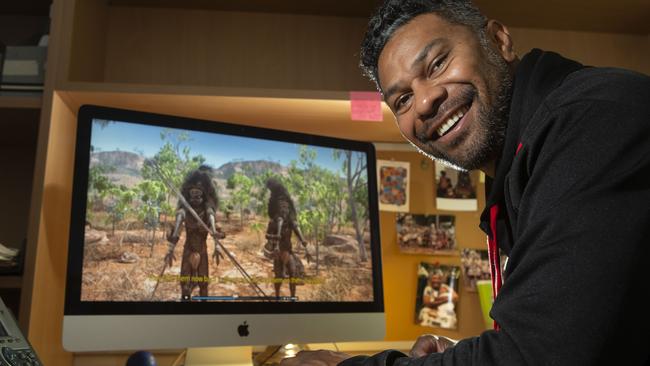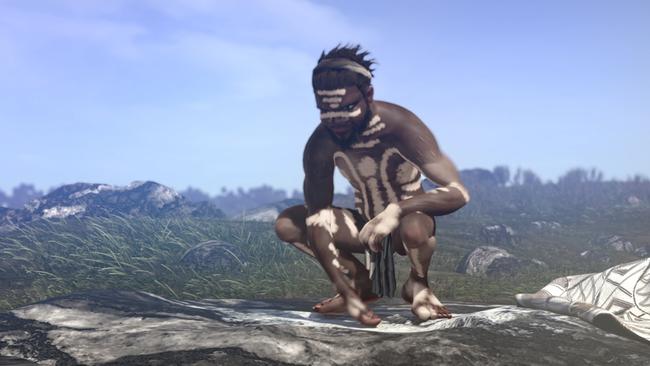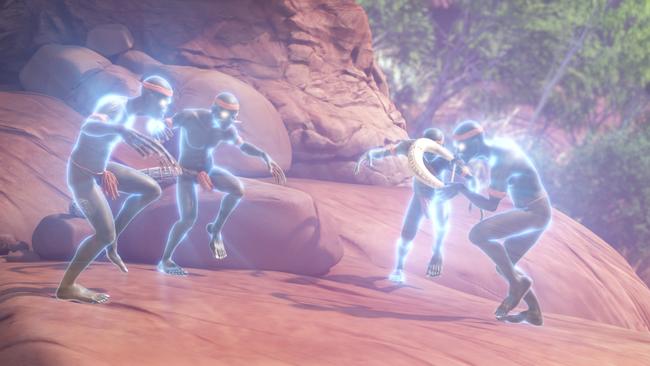Indigenous languages preserved in unusual way at Monash Uni
Centuries ago, there were at least 275 indigenous languages spoken in Australia — now, there are just 20. But an innovative Monash Uni project aims to stop the decline — and it’s even bringing lost languages back to life.

East
Don't miss out on the headlines from East . Followed categories will be added to My News.
Indigenous languages from across Australia will have a much greater chance of survival thanks to an innovative project at Monash University.
The Wunungu Awara project uses 3D animation to preserve and, in some cases, bring back to life, the languages.
Project manager Fred Leone said the work was important “because without language, the culture ceases to exist”.
“Language connects people with the land, country, nature, animals,” he said.
“Language preservation, cultural maintenance and language revitalisation is a really important factor in indigenous people being able to retain the language, which is rapidly disappearing.”

The program started in 2011 when founder, Associate Professor John Bradley, who had spent about 30 years in Yanyuwa country, spoke to elders and discovered they wanted a way to preserve the language and pass it on to the next generation in a way that was interactive for young people.
MORE: SPECIAL ARTWORK MARKS DECADE OF INDIGENOUS TOURISM
MUM’S $450K COMPO WIN AFTER SON’S DECEIT
The animations can be viewed as entertainment, as an educational tool and as a way of stimulating greater community interest in the languages and cultures.
Mr Leone emphasised that the process was community-driven, with the respective community getting final sign-off on the animations, which run for between two to five minutes.

“Once finished, the copyright and intellectual property rights remain within the community,” he said.
“People from the outside world can reference the stories and languages on our website, but communities use it internally as language preservation tools, as teaching tools.
“If a song or story is disappearing, the community is able to hold on to that knowledge and pass it on.”
More than a dozen animations have been made across about seven communities, but with a boost in funding from the Alan and Elizabeth Finkel Foundation, the program is set to be greatly expanded.


